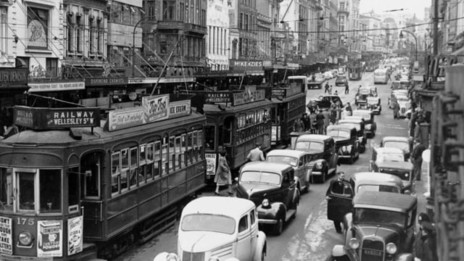Tama Renata
Directed by Lee Tamahori, the opening scene of the 1994 film Once Were Warriors is among very few viscerally powerful sequences in New Zealand cinema. The camera lingers on a picturesque scene of Aotearoa New Zealand scenery of a river and mountains … then pans down to reveal it is just a power company billboard beside a motorway slicing through urban blight. As much as its visual power however, the scene gets added resonance by the soundtrack which opens with gently evocative taonga pūoro then morphs into searing, angry and distorted guitar passages which drive the darker message home.
That piece, performed by Tama Renata, one of the finest post-Hendrix blues-rock guitarists of his generation, also gets a strident and extended reprise supported by a powerful haka over the film’s closing credits. It is a remarkable piece of music which captures the coiled rage and emotional chaos of a central character Jake The Muss, played by Temuera Morrison.
Watch: Unsung Heroes of Māori Music - Ep6 Tuhi Timoti and Tama Renata
Tuhi - Tama Band performing Charlie Parker's Scrapple live at The Southern Comfort Jazz Blues Celebration at Mon Desir Hotel in 1985. Tuhi Timoti on guitar, Tama Renata on guitar and vocals, Nathan Haines (14 y/o) on flute, Hal Tupaea on Bass, Lance Bentley on drums, Chris Neilson on keyboards and trumpet, and Mike Walker on keyboard.
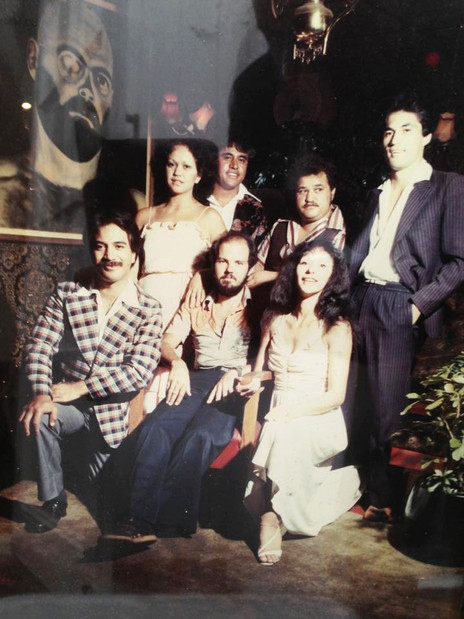
The Tuhi Tama Band, which played at Aladdin's nightclub under Auckland's Civic Theatre, 1979. From left: Armand Crown, Erana Clark, Tuhi Timoti, Chris Fox, Tama Renata, Josie Rika, Dave Noda.
Photo credit:
Sarah Richards/Tuhi Timoti collection
Working at the Workshop performed by Tama Renata, Bundy Waitai (bass) and Dale Renata (drums) at the Telethon Fundraiser during the 1980s.
The Tama Band (Tama Renata, Dale Renata on drums and Bundy Waitai) covering Jimi Hendrix's Angel at the Powerstation, Auckland in the 90s.
Rangimai Te Hei interviews Tama Renata on Radio Ngati Porou, Ruatoria, early 1990s
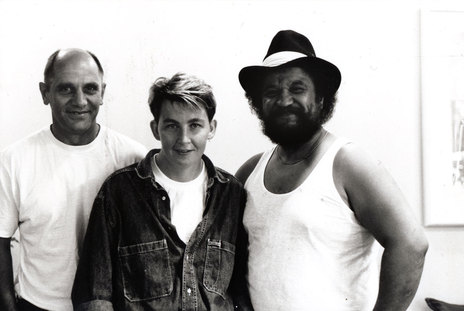
Bruno Lawrence, Jools Topp and Tama Renata
Tuhi - Tama Band playing live at The Southern Comfort Jazz Blues Celebration at Mon Desir Hotel in 1985. Tuhi Timoti on guitar, Tama Renata on guitar and vocals, Nathan Haines (14 y/o) on flute, Hal Tupaea on Bass, Lance Bentley on drums, Chris Neilson on keyboards and trumpet, and Mike Walker on keyboard.
Tama Renata and Sonny Day jamming 'My Girl'
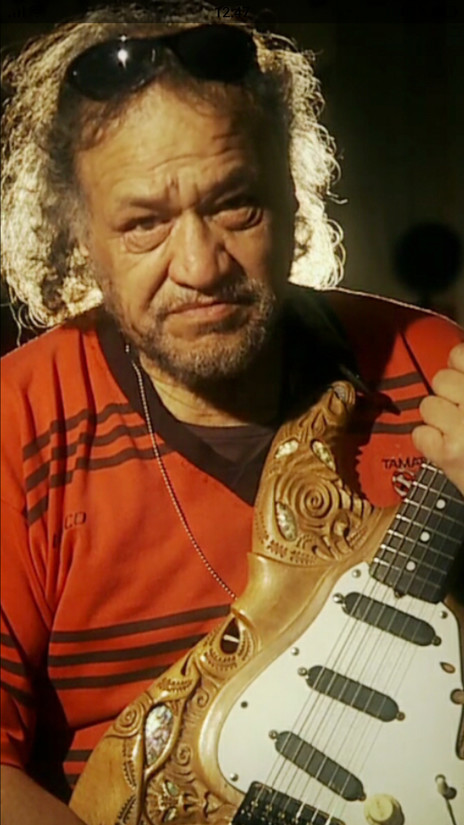
Tama Renata with his Savage guitar.
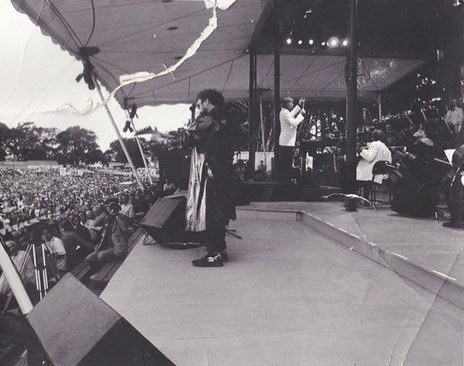
Tama Renata performing at a public concert at the Auckland Domain, 1990s.
Photo credit:
Sarah Richards/Tuhi Timoti collection
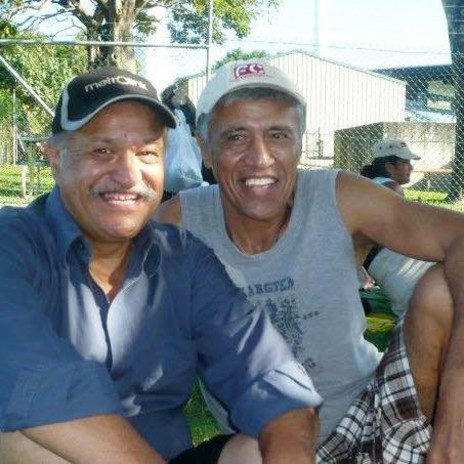
Tama Renata and Tuhi Timoti
Photo credit:
Sarah Richards/Tuhi Timoti collection
Tama Renata with Temuera Morrison, Margaret Urlich and NZ All Stars performing United We Stand and the Once Were Warriors theme song at the Entertainer Awards (1994)
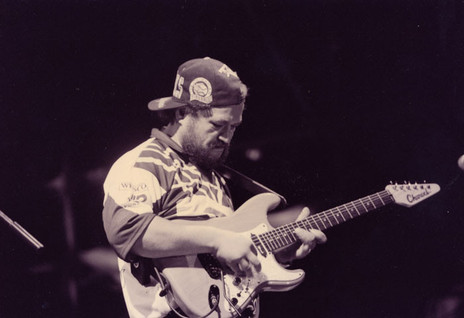
Tama Renata performs at the 1994 APRA Silver Scroll, at the Power Station, Auckland.
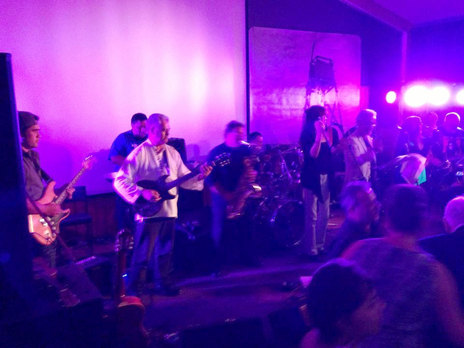
Papa: the stage at the 35th Anniversary of Bastion Point with Mano Pratt, Eddie Te Amo, Maurice Watene, Dilworth Karaka, Truda Chadwick, Corina Fisher, Alec Hawke, Tigi Ness, Tama Renata, Ngamanaaki Pratt, Lloyd Latimer and Dez Brown all present.
Workshop - Working at the Workshop music video, filmed in Newmarket.
Sonny Day - Saving Up (1983, featuring Tama Renata on guitar)
Songs of Freedom, a 2019 documentary about Herbs directed by Tearepa Kahi
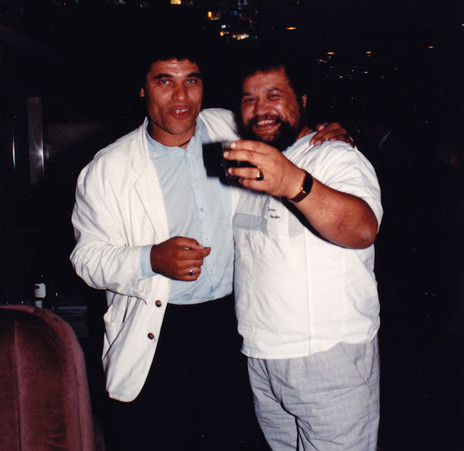
Paul Ubana Jones and Tama Renata
Guitar Boogie jam with Tama Renata, Willie Hona, Ben Tawhiti, Chas Wetere, Brandon Pirihi, James Pirihi, Joe Matenga, Richard Tate, Willie Wetere, Paula Pirihi and Mackie (circa. 1995/96)
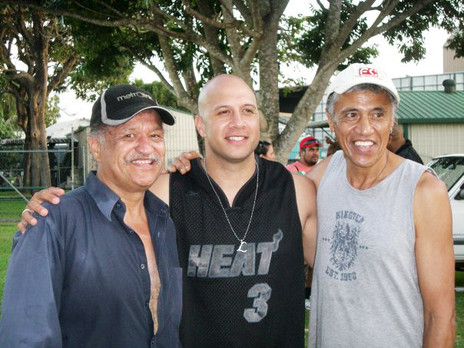
Tama Renata, Phil Crown and Tuhi Timoti, Waitangi Day 2008 on Queensland's Gold Coast, Australia.
Photo credit:
Sarah Richards / Tuhi Timoti collection
Tama Renata sings Korero Maori e, mid 1980s
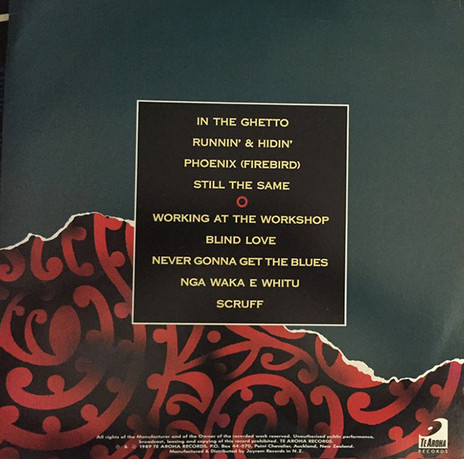
Tama Renata - Workshop back cover. The album featured a tribute to charismatic roadie Scruff.
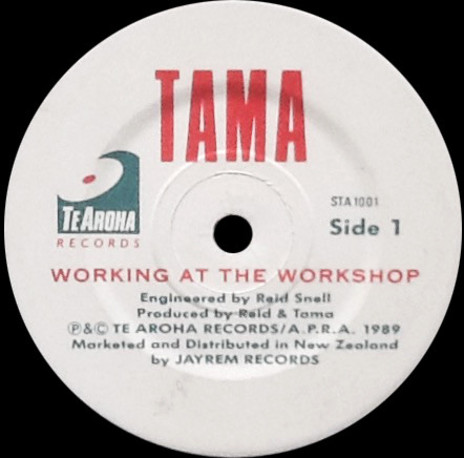
Tama Renata - 'Working at the Workshop' was the single from the 1989 Workshop album.
Tama Renata performing at The Gluepot in the early 90s.
Tama Renata - Once Were Warriors theme
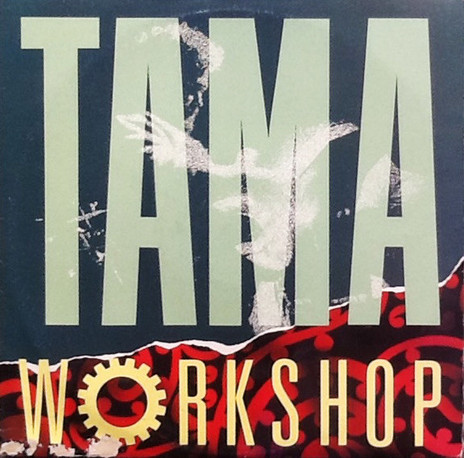
Tama Renata's Workshop album, 1989
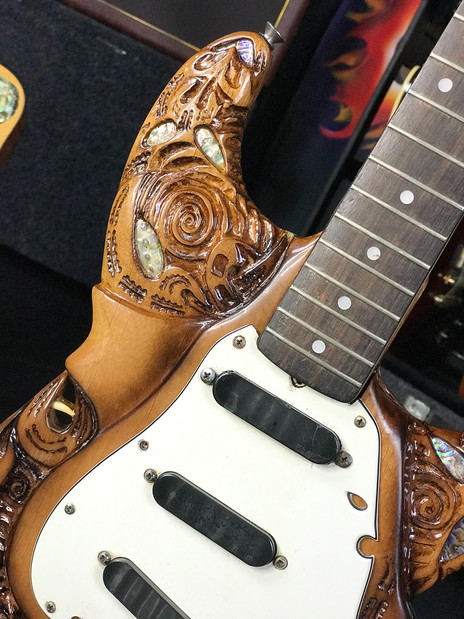
Tama Renata's Savage guitar.
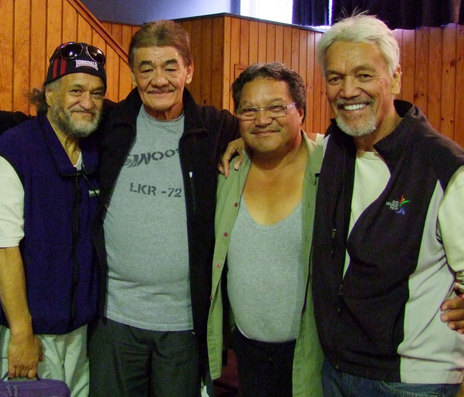
Papa: Tama Renata, Malcolm Edwards, Maurice Watene and Alec Hawke, 2013
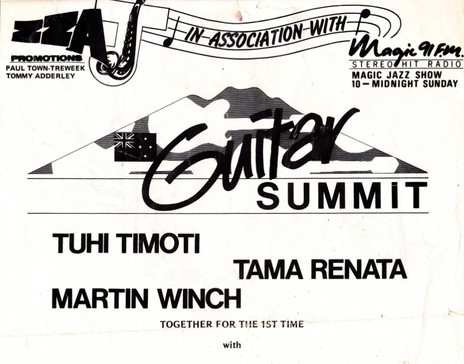
Tama Renata, Tuhi Timoti, Martin Winch together with Murray McNabb and Frank Gibson Jr.
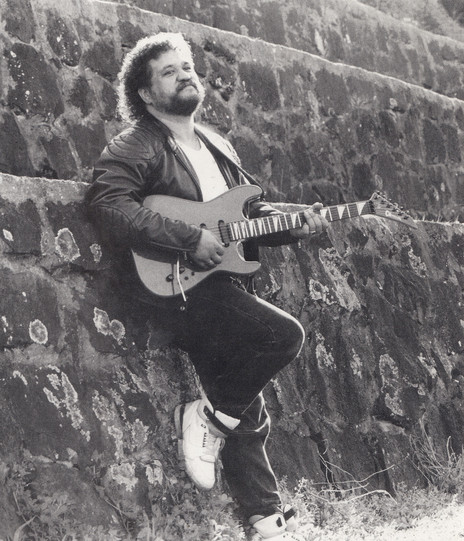
Tama Renata in a publicity photo.
Photo credit:
Publicity photo
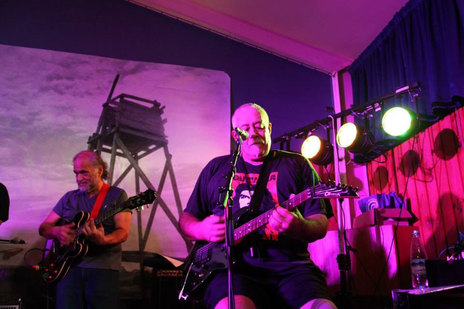
Papa: Tama Renata and Dilworth Karaka at the Bastion Point 35th anniversary at Teachers Eastern Ruby Club May 25, 2013
Tama Renata guitar solo in the Prince Tui Teka Variety Show (1983)
Scruff performed live at Mount Eden Prison (The Rock) in 1984. Scruff is the final track on the Workshop record, dedicated to the bouncer and roadie who became a good friend of Tama's.
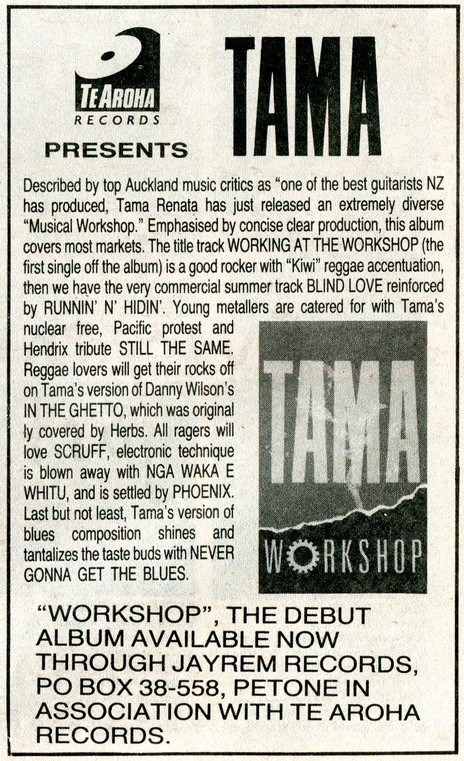
Advertisement in December 1989 Rip It Up for Tama's Workshop album.
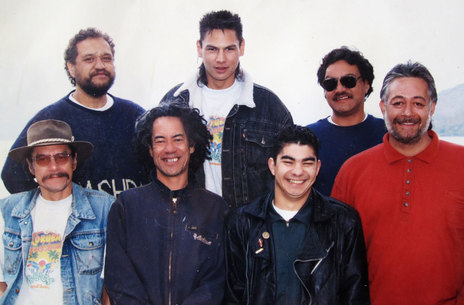
Herbs 1993 - clockwise from top left: Tama Renata, Kristen Hapi, Morrie Watene, Dilworth Karaka, Juanito Muzzio, Charlie Tumahai, Tama Lundon.
Links:
Unsung Heroes of Māori Music - Ep6 Tuhi Timoti and Tama Renata
NZ On Screen page on Tama Renata
Herbs documentary Songs of Freedom (2019)
Tama Renata and Mark Kahi duet from When The Haka Became Boogie (1990)
Trivia:
The theme to Once Were Warriors was written by Murray Grindlay and Murray McNabb.
Discography
